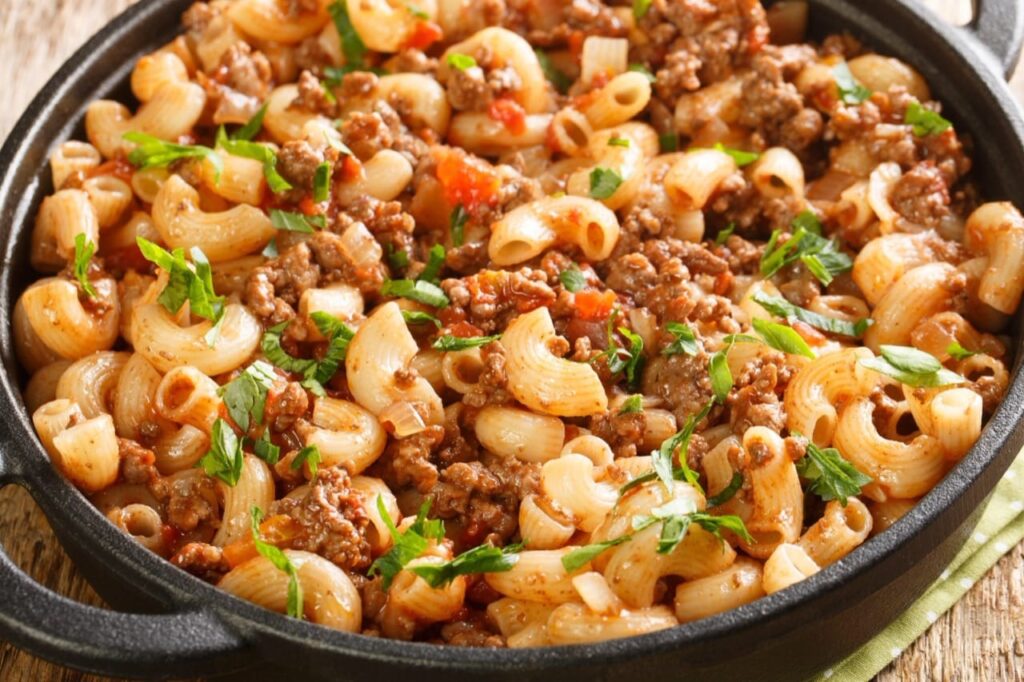Over the past few decades, a surging interest in healthy living has made people more conscientious about their food choices. One of the significant shifts we’ve observed is in the kind of fats people are consuming. While the myth of “all fats are bad” has been debunked, there remains a need to distinguish between good fats and not-so-good ones. Among the culprits of concern are saturated fats.
Saturated fats, typically solid at room temperature, are found mainly in animal-based products and have been linked to an increased risk of heart diseases when consumed excessively. One of the most straightforward measures to reduce saturated fat intake is by selecting cooking oils wisely. Let’s dive into three such oils that are not just low in saturated fats, but also offer health benefits.
1. Olive Oil
Low in Saturated Fats
Originating from the Mediterranean region, olive oil is a liquid gold that has impressed dietitians and culinary experts alike. It contains a mere 14% of saturated fats, far less than many other commonly used oils.
Rich in Monounsaturated Fats
Comprising about 75% monounsaturated fats, primarily oleic acid, olive oil has been linked to reduced inflammation and a lowered risk of chronic diseases.
Antioxidant Properties
Apart from fats, olive oil contains vitamins E and K and is loaded with powerful antioxidants. These antioxidants combat inflammation and help protect your cholesterol from oxidation, reducing the risk of heart diseases.
2. Canola Oil
Ultra-Low in Saturated Fats
Canola oil tops the list with a staggeringly low saturated fat content of just 7%. It’s a versatile oil, neutral in flavor, making it perfect for an array of dishes, from baking to stir-frying.
Boosts Your Good Cholesterol
Canola oil contains omega-3 and omega-6 fatty acids, but it’s its high monounsaturated fat content that steals the show. These monounsaturated fats are known to increase HDL (High-Density Lipoprotein) cholesterol – often referred to as ‘good cholesterol.’ HDL cholesterol helps remove other forms of cholesterol from your bloodstream, playing a crucial role in ensuring heart health.
Vitamin E Galore
Rich in Vitamin E, an antioxidant, canola oil helps protect your cells from damage. Regular consumption can help improve skin health, boost immunity, and promote better eyesight.
3. Avocado Oil
Reasonably Low in Saturated Fats
Though not as low as canola oil, avocado oil contains about 12% saturated fats. It’s a relatively new entrant in the cooking scene but has quickly become a favorite, especially among health enthusiasts.
High Smoke Point
One of the standout features of avocado oil is its high smoke point. This makes it incredibly versatile and perfect for high-heat cooking methods like grilling and frying without breaking down into harmful compounds.
Nutrient Absorption
Not only is avocado oil nutritious, but it can also increase the absorption of nutrients from other foods. For instance, adding avocado oil to salads can increase the absorption of carotenoids, antioxidants that are crucial for heart health, from vegetables.
Wrapping Up
When it comes to cooking oils, the choices can be overwhelming. The market is filled with a plethora of options, each with its own set of health claims. However, if reducing saturated fat intake is a priority, olive, canola, and avocado oils are excellent picks. Not only are they low in saturated fats, but they also come packed with other health benefits that can boost your overall well-being.
It’s essential to remember that while these oils are healthier, moderation remains key. All oils are dense in calories, and excessive consumption can lead to weight gain. It’s always a good idea to combine a balanced diet with regular physical activity for optimal heart health.
Lastly, while selecting an oil, opt for cold-pressed, virgin, or extra-virgin variants when possible. These undergo minimal processing, retaining maximum nutrients. Happy cooking and here’s to a heart-healthy lifestyle!





